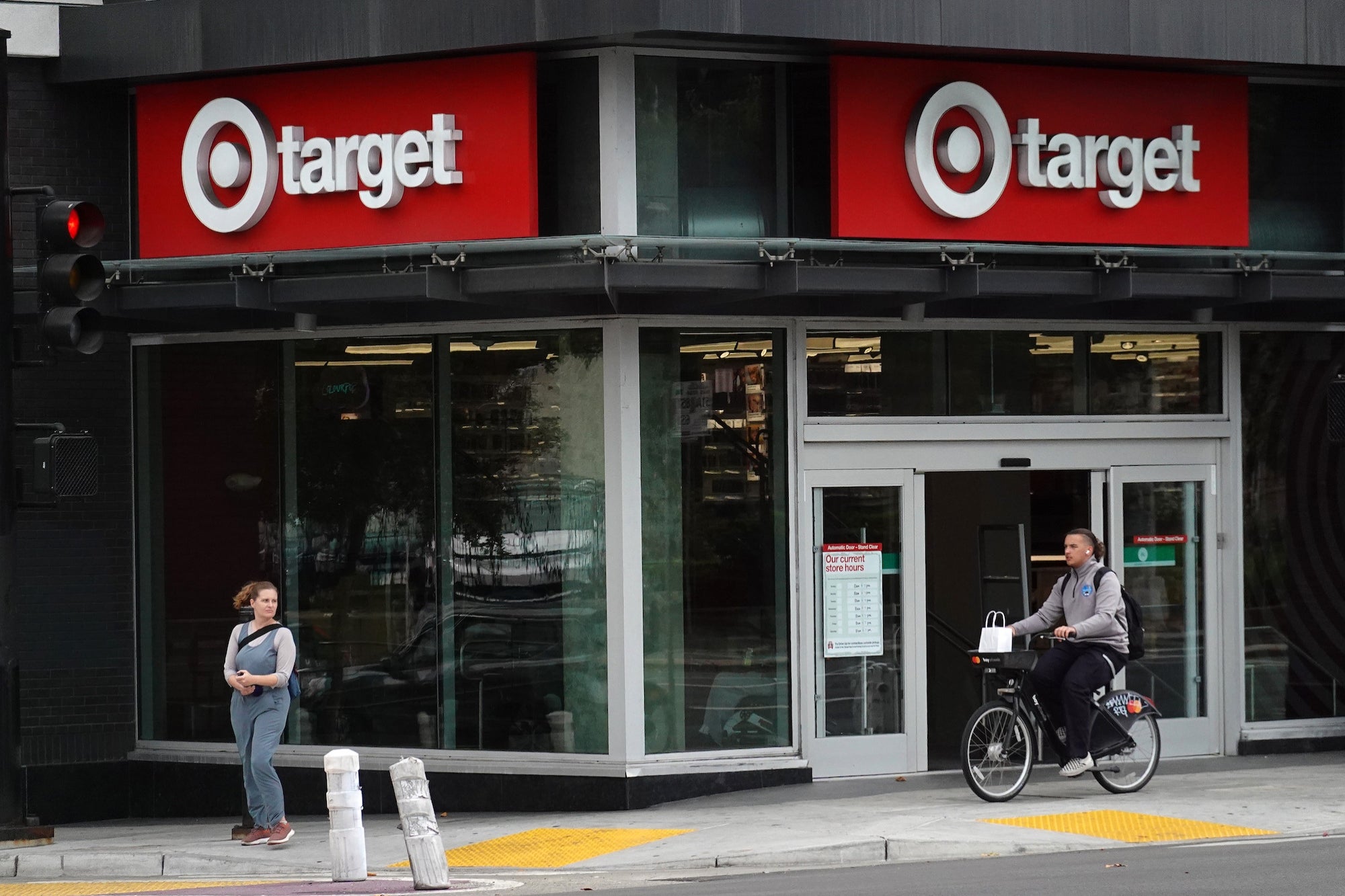
Retail theft hasn’t been a stranger to the news cycle, as big-name brands have publicly admitted to having big problems with crime — and have been taking action to address the issues over the past year.
However, a recent report by retail analysts at William Blair suggests that the documented theft rates at stores do not align with the “increase” in company commentary on the issue, and the scale and impact of theft might be exaggerated, masking underlying business issues such as weak consumer demand and mismanagement.
The report also found a mere 0.4% increase in shrink, or retail losses, as a percentage of sales in nine major retailers that cited a growing impact of theft in 2022.
“We believe companies like Target could indeed be using the current narrative around shrink to take broader action in lagging parts of their business,” the William Blair analysts said in the report. “We have to acknowledge potentially ulterior, more opportunistic motives.”
However, shrink is an issue, and according to a National Retail Federation survey of 177 retailers, shrink increased by 19% last year to $112 billion, up from $93.9 billion in 2021 — meaning that even if retailers are exaggerating, it’s still an issue that they are grappling with.
The analysts highlight that overall merchandise loss, encompassing external and internal theft, damaged goods, and inventory mismanagement, constitutes only 1.5% to 2% of retailers’ sales — a percentage that has remained relatively stable over the years despite retailers increasingly sounding the alarm about theft.
Although elevated levels of shrink are expected through 2024, the additional impact is expected to be somewhat “more contained” as compared to previous years, pointing to early signs of stability in shrink levels observed in 2023 and signs that recent measures, such as closures, might have been “overexaggerated.”
The analysts at William Blair state in the report that one of the reasons they believe retailers may be inflating a theft narrative is to “stimulate” government action, “given that there is little they can do on their own” — adding that actions within a retailer’s control to combat theft (putting items behind locked cases, price hikes, and cutting back on self-checkout options), can negatively impact engagement, sales, and productivity.
“This leaves government action as the best possible solution,” the analysts wrote.
Some retailers have already taken to local government intervention as a means to curtail shrink. In September, Walmart announced it would be reopening one of its formerly closed stores in Atlanta with a built-in police station to combat crime and increase security.
Related: Walmart Takes Bold Step to Combat Rising Crime in Retail with In-House Police Station
https://www.entrepreneur.com/business-news/report-says-retailers-may-have-exaggerated-theft-claims/464729

